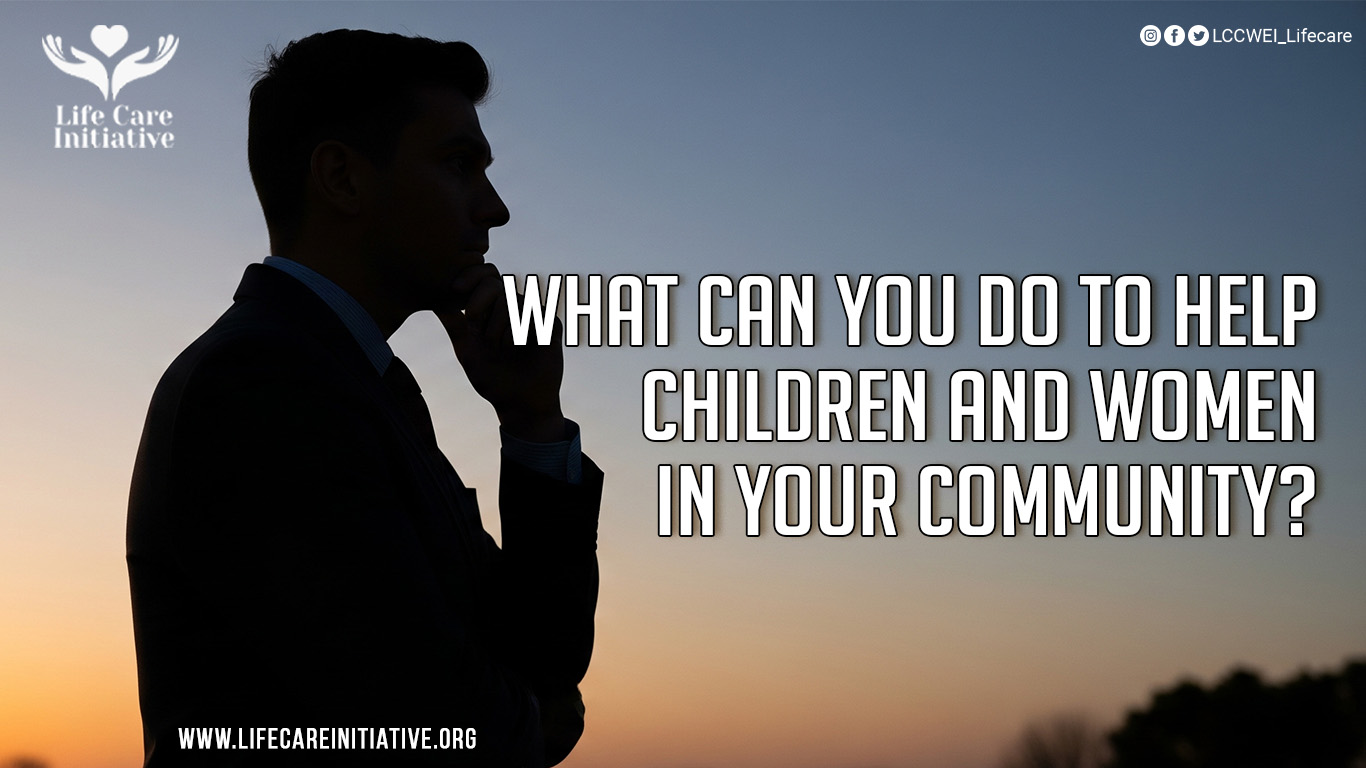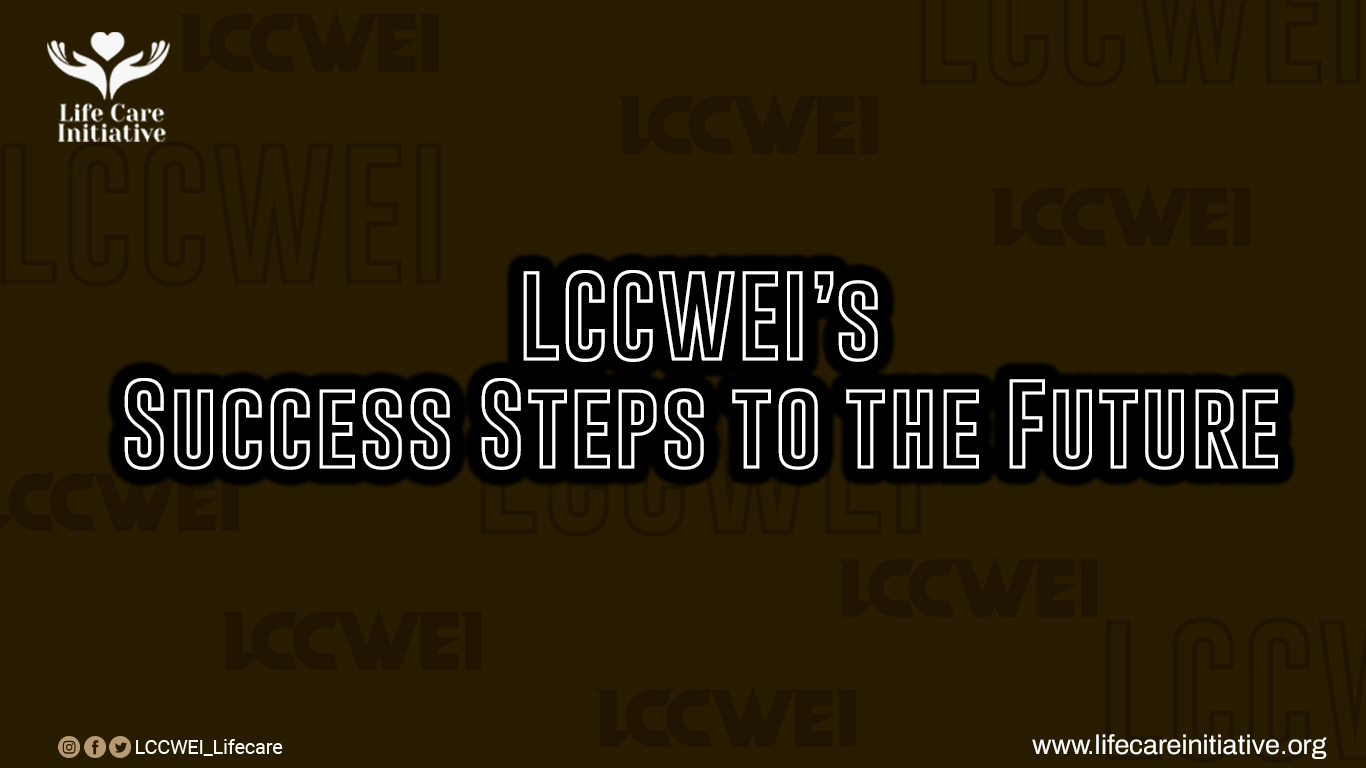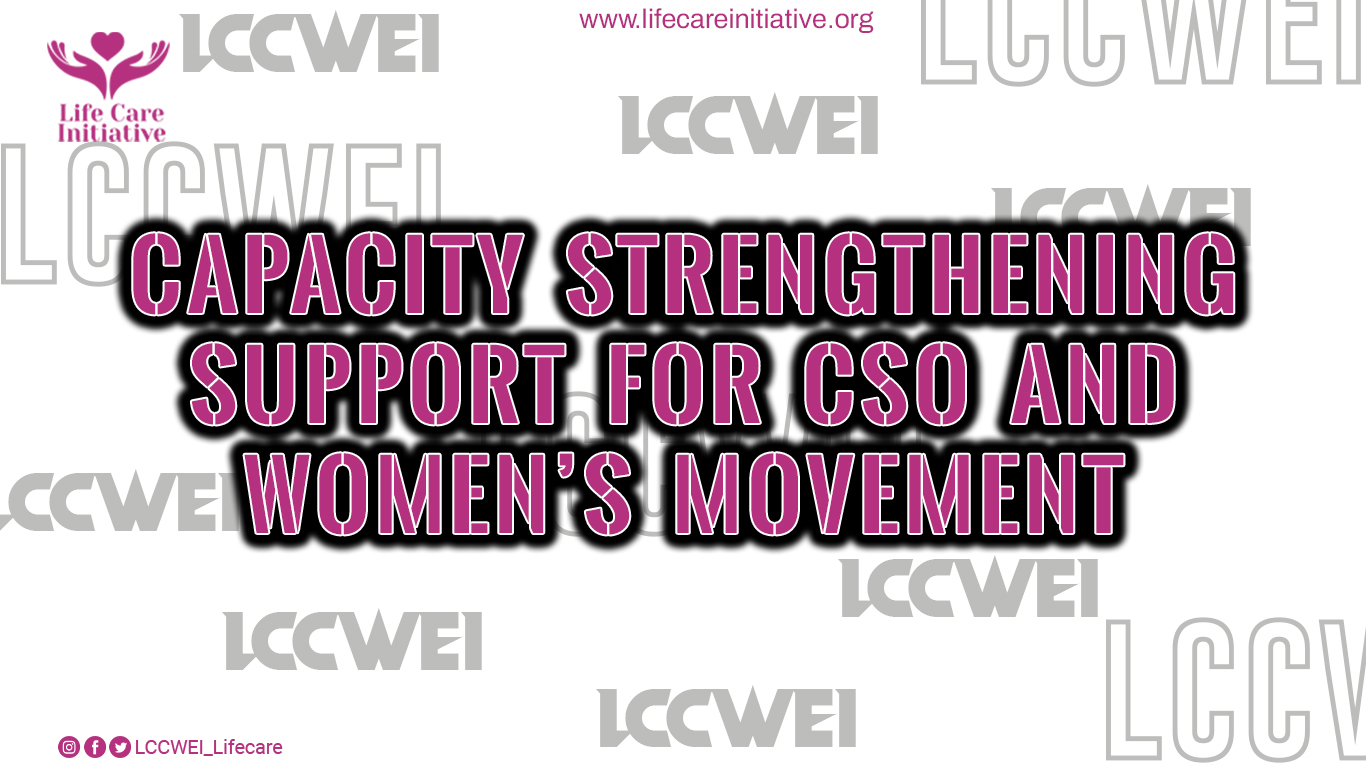Despite progress in global awareness, millions of children and women still face daily struggles—poverty, lack of access to education and healthcare, abuse, and gender-based discrimination. In rural and underserved communities, these issues are not just statistics. They are real people—our neighbors, classmates, friends, and relatives.
At Lifecare Children & Women Empowerment Initiative (LCCWEI), we know that sustainable change doesn’t begin in boardrooms or conference halls. It begins with you and your community—with everyday people who are willing to act with compassion, courage, and consistency.
Here’s a deeper look into how you can help, with realistic steps and community-based approaches.
- Understand the Local Realities First
Too often, people jump into “helping” without understanding what’s really going on. Begin by asking:
- What are the biggest challenges facing women and children in my area?
- Are girls dropping out of school because of early pregnancy, poverty, or cultural norms?
- Are women lacking employment because of low education, childcare responsibilities, or lack of capital?
Spend time talking to local leaders, teachers, social workers, and families. This ensures that your actions are relevant and respectful.
Insight drives impact.
- Invest in Education Beyond the Classroom
School attendance is only one piece of the puzzle. Many children—especially girls—drop out due to:
- Lack of sanitary towels and menstrual health support
- Hunger and poor nutrition
- Domestic chores and caregiving roles
- Gender-based expectations and early marriages
Action Points:
- Start or support a local school feeding program or sponsor a child’s lunch.
- Mobilize menstrual hygiene kits for adolescent girls.
- Advocate for community child-care centers to relieve domestic burdens on older siblings.
Example: In Western Kenya, a small community formed a “Saturday School Club” where girls received tutoring, sanitary pads, and mentorship from older women. Dropout rates fell within months.
- Champion Women’s Economic Empowerment
Economic dependence is one of the biggest traps for vulnerable women. When a woman earns, she feeds, educates, and sustains her family. But she needs tools, skills, and support.
What You Can Do:
- Partner with organizations like LCCWEI to offer vocational training (tailoring, agribusiness, digital skills).
- Organize business mentorship programs—many women have marketable skills but lack financial literacy.
- Support Village Savings and Loan Associations (VSLAs) or table banking initiatives.
Real Story: Through LCCWEI’s table banking model in Kakamega County, over 30 women pooled funds to start soap-making and farming businesses. Within a year, their household incomes doubled.
- Create Safe Spaces for Dialogue and Healing
Many women and children suffer in silence from trauma—whether it’s gender-based violence, emotional neglect, or stigmatization.
You can:
- Create regular women’s circles or safe spaces for survivors to talk and heal.
- Work with professionals to offer mental health first aid or trauma counseling workshops.
- Teach children about their rights using storytelling, art, and drama.
Important: Involve men and boys. Sustainable change in gender relations must include all genders.
- Be a Community Mobilizer, Not Just a Donor
You don’t need to be rich to make a difference. Your networks, voice, time, and talents can be transformative.
Start small:
- Organize a community service day focused on cleaning, building, or planting for a school or safe house.
- Connect LCCWEI with local churches, youth groups, or businesses that can donate services or items.
- Use your digital voice. Share local stories, raise awareness, and fundraise online through WhatsApp, Facebook, or Instagram.
Framework: Think in 3 levels:
- Time – Volunteer for LCCWEI activities
- Talent – Offer your professional skills (writing, training, tech support)
- Treasure – Give or raise funds, even in small monthly amounts
- Advocate for Structural Change
Individual action matters—but we must also challenge policies, traditions, and institutions that perpetuate harm.
- Speak at chief’s barazas, churches, or school events about the importance of keeping girls in school.
- Work with local leaders to enforce laws against child marriage and abuse.
- Collaborate with county officials to fund community maternal health or youth centers.
Transforming communities isn’t just about charity—it’s about justice.
Final Thoughts: You Are the Hope
True empowerment isn’t a project; it’s a lifestyle of compassion and responsibility. Each time you speak up, act kindly, share your resources, or challenge injustice, you restore dignity to someone who thought they were forgotten.
At LCCWEI, we are walking this journey every day. We invite you to join hands with us—to raise up the child who might one day be a doctor, a teacher, or a leader, and to support the woman who carries the future in her arms.
You don’t need to fix everything. Just start with one thing. And do it with love.





